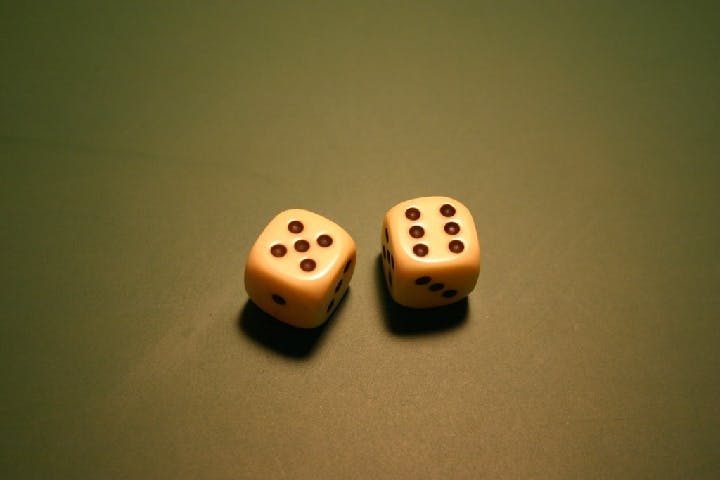Spring 2008
The War Against Luck
– The Wilson Quarterly
A science historian dares to mount a defense of luck: "Chance disrupts tidy lives, unsettles habits - and taps unplumbed resources, both personal and social."
Human beings have always been uneasily aware of the wheel of fortune that sends both good luck and bad breaks their way, but they haven’t always seen it in the same light. Only recently has anybody even dreamed of stopping it.
Through most of human history, luck was not seen as purely arbitrary, notes Lorraine Daston, a director of the Max Planck Institute for the History of Science in Berlin. The wheel-spinning goddess Fortuna, for example, stood lower in Rome’s heavenly moral order than Justitia, the goddess of justice. Lives were ordered by the gods and governed by fate, the cycle of reincarnation, or divine providence. You might not like the hand you were dealt, but it was what you deserved.
That view of chance prevailed well into the 18th and 19th centuries, when something drastic came along to change it: statistics. As proto-social scientists began to take the measure of human populations, unusual patterns began to emerge. Today we are struck by cases of people who defy the statistical odds—the chain smoker who lives to 100—but at the dawn of statistics, people were fascinated by the regularities. Why did almost the same number of possible to conceive of biographies in terms of life chances and society as a vast lottery.”
One response was noble: a new commitment to the principle of equality. How could the misfortune of others be tolerated if it was caused only by an accident of birth? The other response, though, was alarming: a powerful drive to conquer chance. “To exercise ‘control over one’s life’ has become perhaps the paramount goal of the well-off, well-educated, and well-placed minority,” Daston writes. It has fueled the desire for everything from chain hotels—no surprises, please!—to genetic engineering. “For those who yearn for control, to be surprised, however innocuously, is to be ambushed by life.”
There are many arguments against making designer babies—the narrowing of human diversity, for one—but none more compelling to Daston than the need to preserve the role of chance itself. “Some contingencies may end in sorrow, others in joy, but almost all result in the discovery of something not known and not felt before. . . . Chance can also act as a catalyst to the making of new meanings, both for individuals and whole cultures. . . . Chance disrupts tidy lives, unsettles habits—and taps unplumbed resources, both personal and social.”
The philosopher David Hume said that in situations in which the chances of a positive outcome and a bad one are equal, people choose fear over hope. Today, that seems truer than ever. “The most secure societies seem by and large to be the most timorous, the most cowed by the prospect of future danger, whether probable or improbable,” Daston writes. Hope deserves a bigger role. Spin the wheel!
* * *
The Source: "Life, Chance, and Life Chances" by Lorraine Daston, in Daedalus, Winter 2008.
Cover photo courtesy of Flickr/Susan Guest
